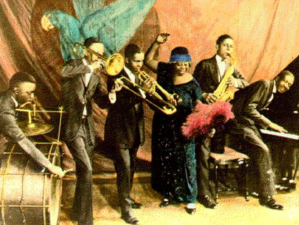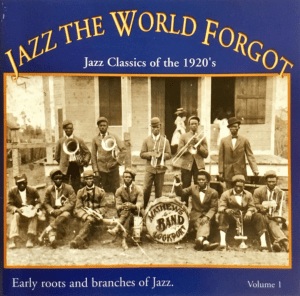On August 25, 2021, I began writing the post below. I edited, tweaked and revised 45 times over the next ten days! “The final chapter” was finally ready to post September 3. Only I never published it! I’m not sure why, but I think it had something to do with a combination of computer hiccups and my wobbly mind. I did email it to those followers whose addresses I knew. Today, I post it here—edited slightly from the original—to bring all readers up to date six months after the fact.
September 3, 2021 – On July 20 I published “Sunday was a yellow jersey day.” I was still on a high after enjoying the final afternoon of the Tour de France with Peter. He was the most present, most aware, the cheeriest he had been in a very long time. He smiled, he laughed, he frowned at my silly jokes and he grinned when I put his various medals around his neck and plopped his worn yellow cycling cap on his head.
That was the last good day.
Less than four weeks later he took a steep downward skid. In the wee hours of Sunday, August 15, my husband passed away.
The suddenness, the sharpness of his decline was stunning, not only to me and the family, but to the staff at the facility where he’d lived for three and a half years.
Since then anytime, I try to do the simplest thing, I feel as if I’m spinning on an amusement park ride gone rogue. I sent a note to a friend but addressed it to myself. It came back to me several day later. One morning I took careful notes when the bank cashier called with a question. I found the information she requested, but forgot what I was supposed to do with it. When I called back she realized kindly talked me through the process.
In the week following Peter’s death, Leslie and Carolynn were my rocks, sons-in-law Martin and Bill the silent helpers. Our adult grandchildren, Samantha and Jeremiah, and their partners added a certain lightness to the days.
There have been a lot of find-the-funny moments in these few weeks; some bordered on hysteria. My practical, no-nonsense mother preached laughter and smiles instead of tears and scowls. To this day I seldom cry—sometimes I wish I could.
I’m planning a Celebration of Life in Peter’s memory in September [2021]. That keeps me engaged, obsessively so. The venue is arranged as are the food and beer, lists made, the announcement, sent (not without technical hitches), photos sorted for display, I have an idea what I’ll say to get the exchange of memories started…I even know what I’ll wear.
But when the party ends, when everyone has gone, what then? A friend who has been through the same wringer suggested I may not be slammed with grief as severely as might be because the goodbye was truly long—Peter was diagnosed with possible Alzheimer’s disease in 2003. That changed to probable within the next couple of years. Soon there was no denying, though I did, that he was declining steadily. During is last years his memory was shot. He knew us, and smiled when he saw us, but he didn’t know our names.
Me, I choose to remember the good times—there were so many—and I’ll laugh again at those memories.
Header photo: Our neighbors Judy and Jeff brought an armload of glorious sunflowers to cheer all of us.


















